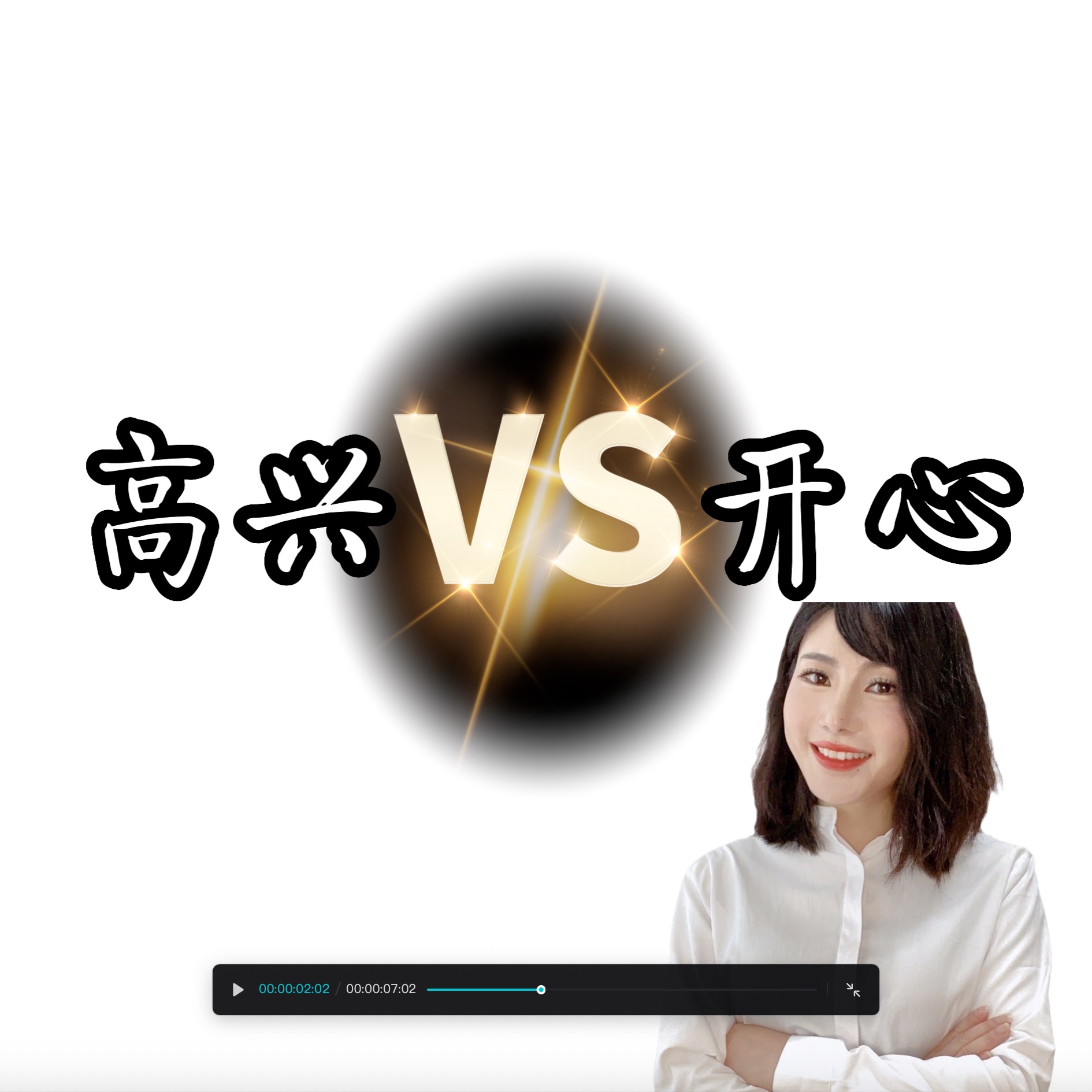
不 (bù) VS 没有 (méi yǒu)
描述
what is the difference between 不 and 没有?
不 (bù) and 没有 (méi yǒu) are both negation words in Chinese, but they are used in slightly different ways.
不 (bù) is an adverb that negates the verb or adjective that follows it. It is used to express "not" or "no."
For example:
我不喜欢吃苹果 (wǒ bù xǐ huān chī píng guǒ) - I don't like eating apples
他不是医生 (tā bù shì yī shēng) - He is not a doctor
没有 (méi yǒu) is used to negate the verb in the past tense or to express "not have." It is often used in combination with a verb in the past tense to indicate that something did not happen.
For example:
我没有吃早饭 (wǒ méi yǒu chī zǎo fàn) - I didn't eat breakfast
他没有去过北京 (tā méi yǒu qù guo běi jīng) - He has not been to Beijing
播客频道
Difference between A and B in Chinese with Shanmei
播客创作者
所有播客集

Never at a Loss for Words - "word" idioms
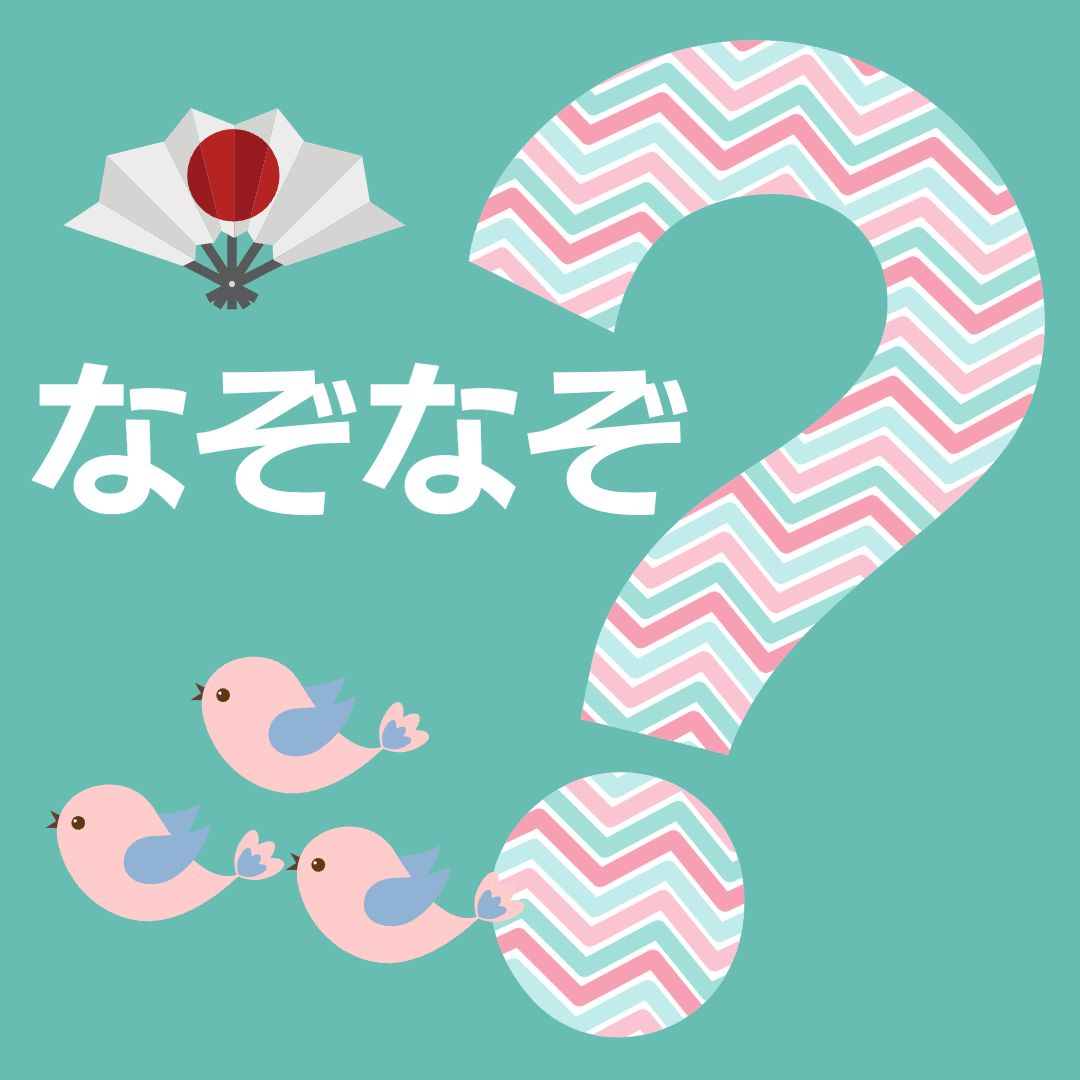
〈#7〉鳥が3羽。その鳥は何色??

Usage of "Burnunda tütmek" / to miss

Bedside Italian #14 - Le lingue che ho imparato. Part 1
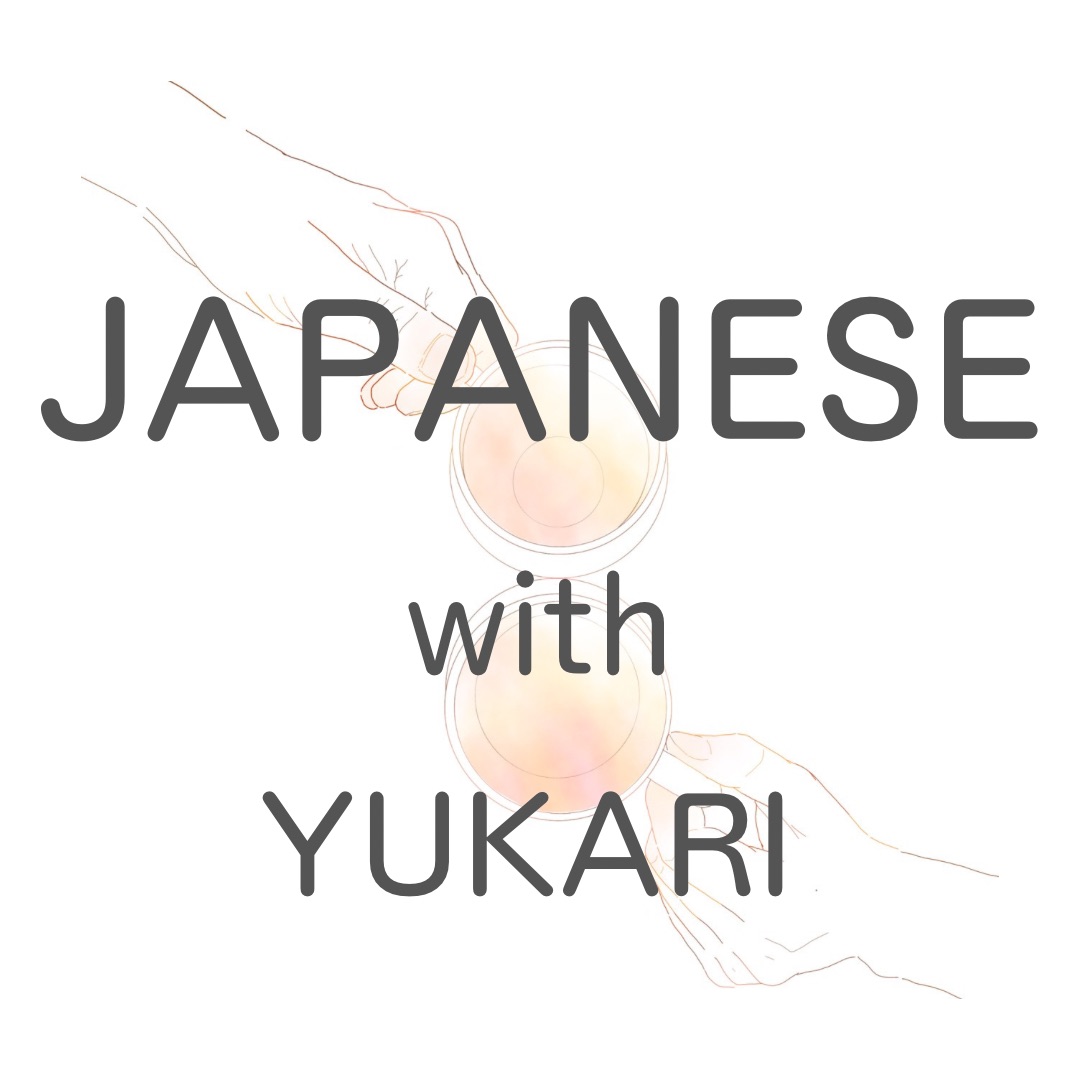
65. 東京都の人口(じんこう)/人口はふえています。

My friend is fat and short...
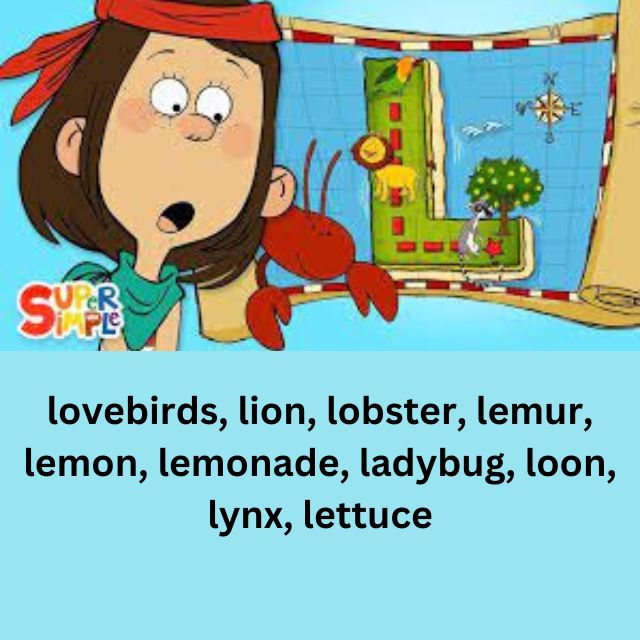
Letter L
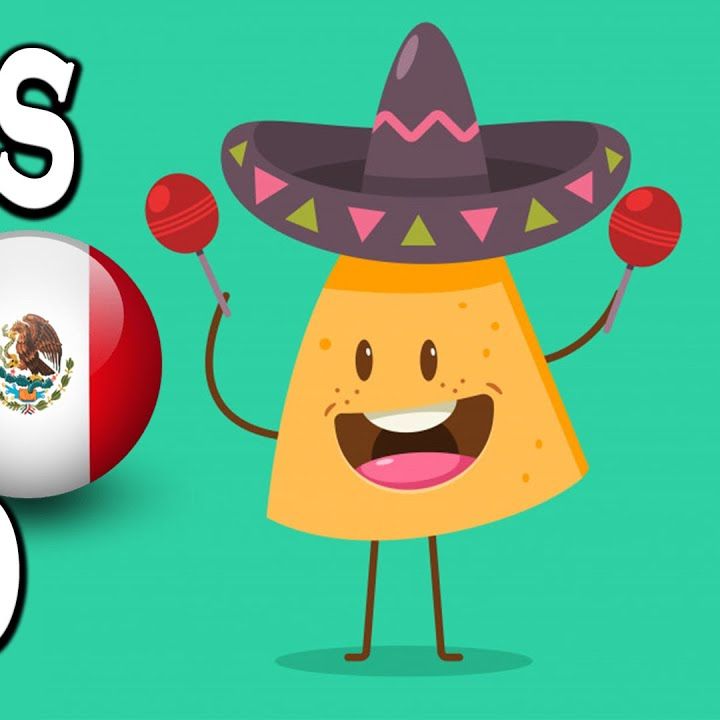
UN HOMBRE VIEJO Y SORDO.
热门播客集

Never at a Loss for Words
Never at a Loss for Words - "word" idioms

なぞなぞPodcast
〈#7〉鳥が3羽。その鳥は何色??

Learn Turkish with Faruk
Usage of "Burnunda tütmek" / to miss

Bedside Italian
Bedside Italian #14 - Le lingue che ho imparato. Part 1

Japaneseだんだんpodcast
65. 東京都の人口(じんこう)/人口はふえています。

Spoken Persian
My friend is fat and short...

Captain Seasalt And The ABC Pirates
Letter L

CHISTES MEXICANOS
UN HOMBRE VIEJO Y SORDO.